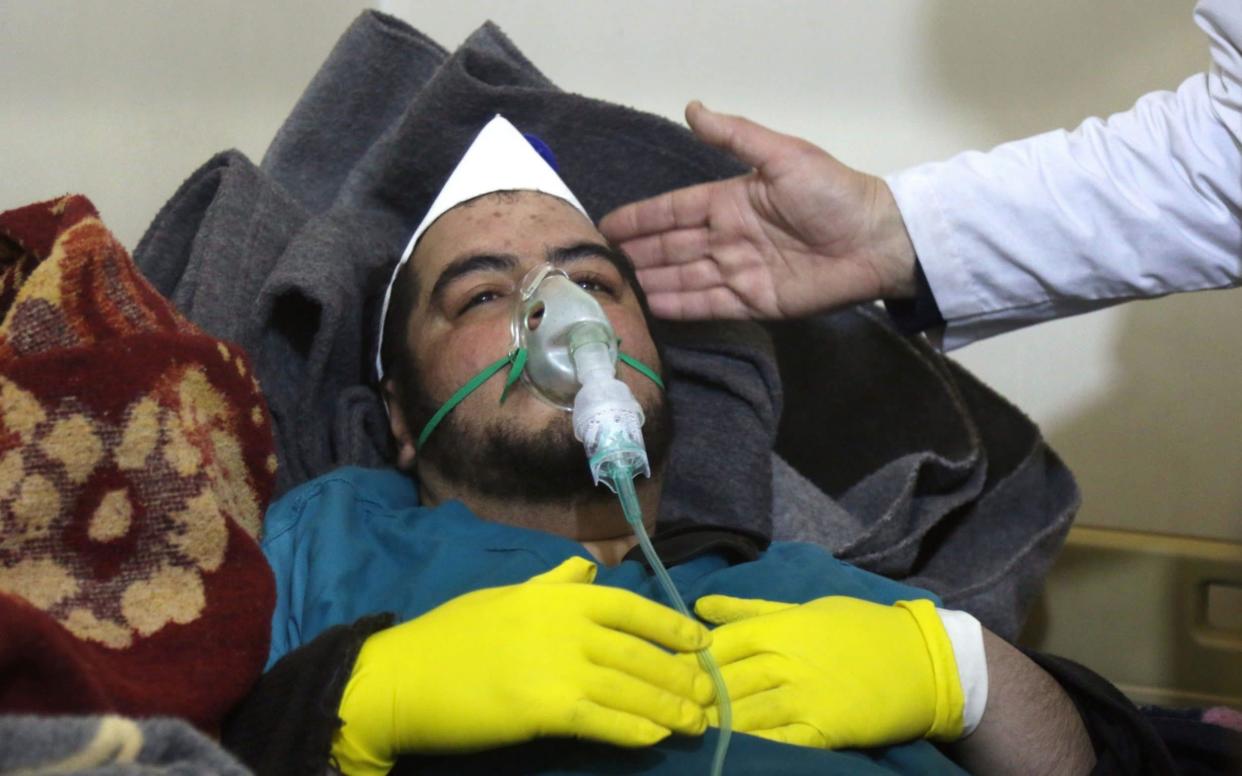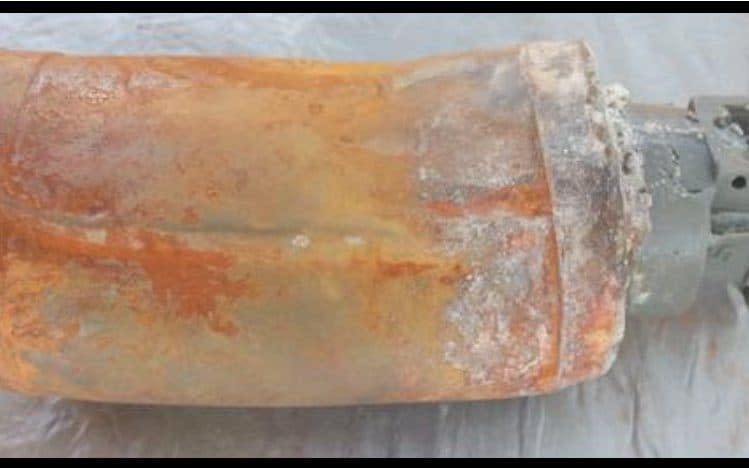Bashar al-Assad regime behind chemical attack, French intelligence report finds

French intelligence services have concluded that the Syrian government was responsible for a chemical attack which left scores dead, in the first international investigation to assign blame.
The April 4 sarin attack on the town of Khan Sheikhoun killed 86 people and injured hundreds more, prompting the US to launch a missile strike on a Syrian air base.
French military and foreign intelligence service investigators, acting independently of the Organisation for the Prohibition of Chemical Weapons (OPCW), the UN’s chemical watchdog, tested blood samples taken from victims on the day of the attack.
According to a declassified report released on Wednesday, the samples tested positive for nerve agent sarin, but also the chemical hexamine.

The use of hexamine as a stabiliser is characteristic of sarin produced by the Bashar al-Assad regime and was found in a 2013 chemical attack on the northern Syrian town of Saraqib, which Western powers have attributed to the Syrian government.
"We know, from a certain source, that the process of fabrication of the samples taken is typical of the method developed in Syrian laboratories," Jean-Marc Ayrault, France’s foreign minister, told reporters after presenting the findings to the cabinet.
"This method is the signature of the regime and it is what enables us to establish the responsibility of the attack. We know because we kept samples from previous attacks that we were able to use for comparison."
Its investigators were also able to test samples of the remains of munitions used in the attack. They said three grenades were fired, but one failed to explode and could therefore be subject to testing.

The six-page report also said intelligence services were aware of a Syrian government Sukhoi 22 warplane that had struck six times on Khan Sheikhoun on April 4 and that samples taken from the ground were consistent with an airborne projectile that had munitions loaded with sarin.
"The French intelligence services consider that only Bashar al-Assad and some of his most influential entourage can give the order to use chemical weapons," the report said.
It added that jihadist groups in the area did not have the capacity to develop and launch such an attack and that Islamic State of Iraq and the Levant was not in the region.
The OPCW said on April 19 sarin or a similar banned toxin was used in the attack, but it is not mandated to assign responsibility.
French intelligence say they believe the regime still possesses banned chemical agents despite declaring and handing over what it said was its entire stockpile to the OPCW in 2014.
The former head of the Syrian chemical weapons programme told the Telegraph that the government declared 1,300 tonnes, but he believed they held back at least 700 additional tonnes.
Brig. Gen. Zaher al-Sakat, who served in the army’s Fifth Division until his defection in 2013, said government forces moved some of the arsenal to secret locations before inspectors entered the country.
Chemical weapons experts said the amount was "plausible" if the figure included so-called precursor chemicals which are mixed to produce sarin.
“The OPCW itself has identified major inconsistencies in Syria’s explanations concerning the presence of sarin derivatives on several sites where no activity relating to the toxin had been declared,” the French report states. The intelligence services therefore “doubts … the accuracy, exhaustiveness and sincerity” of Assad’s declarations on his chemical weapons arsenal.
Russia, Assad’s chief backer, promptly denounced the French report on Wednesday, saying the samples and the fact the nerve agent was used are not enough to prove who was behind it.
In an interview earlier this month, Assad denied the attack, saying it was “100 per cent fabricated” by the US as a cover for their strike on its military base.

 Yahoo News
Yahoo News 
